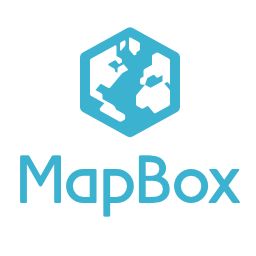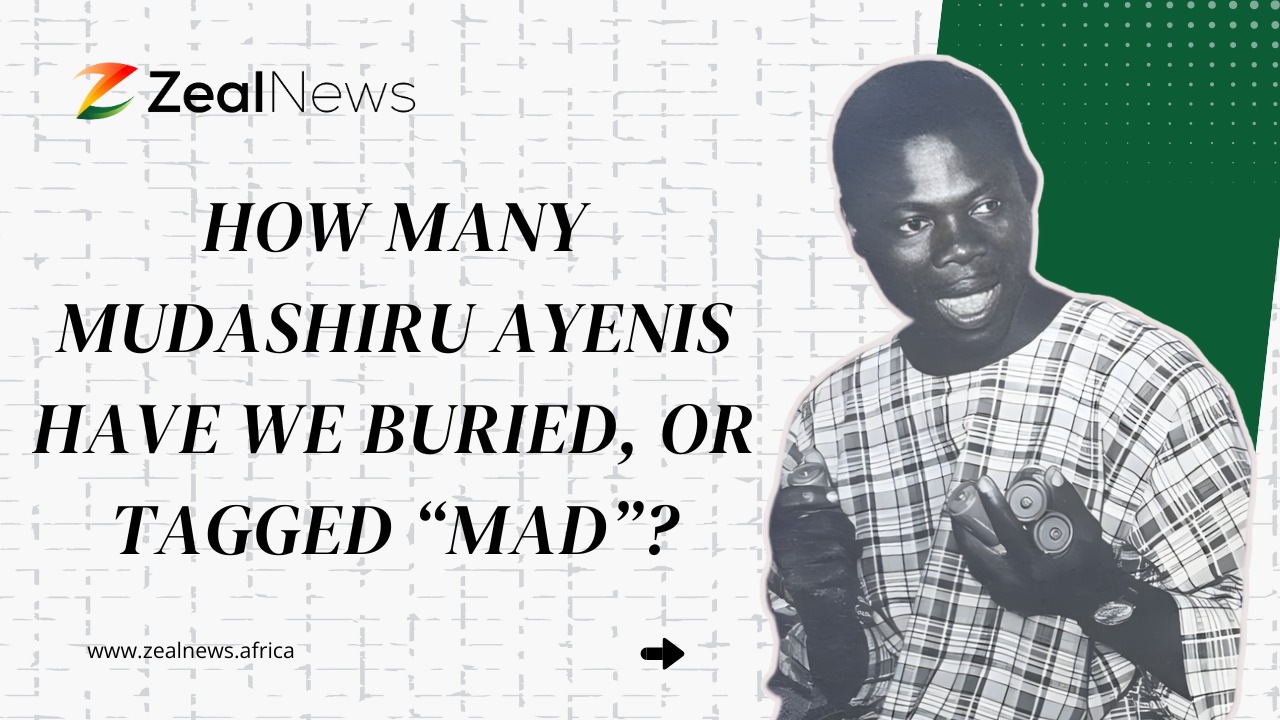Where AI Gets Its Facts: The Surprising Sources Behind ChatGPT and Perplexity

Introduction: Peeking Behind the Curtain of AI
Artificial intelligence has become our modern oracle. From asking ChatGPT to explain quantum physics in simple terms to relying on Perplexity for restaurant recommendations, millions now turn to AI for instant knowledge. But one question lingers in the minds of curious users:Where does AI actually get its facts?
Unlike humans, AI doesn’t have memory or innate knowledge. It learns from patterns in vast online datasets, absorbing everything from encyclopaedic entries to casual forum debates.
In June 2025, Semrush conducted a study analysing 150,000 citations made by large language models. The results shine a light on the hidden backbone of AI’s responses—and they might surprise you.
Photo Credit: Visual Capitalist
Reddit: The Unexpected King of AI Knowledge
Topping the list by a wide margin is Reddit, with a staggering 40.1% of citations. For an AI, Reddit is irresistible. It’s not just a website—it’s a sprawling digital town square where millions discuss everything from coding bugs and medical symptoms to conspiracy theories and parenting hacks.
For AI, Reddit offers something structured knowledge bases cannot: the texture of real human experience. This is why an answer about fixing a broken laptop hinge may sound like advice from a neighbour rather than a sterile technical manual.
But Reddit’s dominance also raises red flags. It’s a platform rich in authenticity but poor in verification. Alongside insightful discussions, misinformation thrives. When AI leans too heavily on Reddit, the reliability of its answers is inevitably put into question.
Wikipedia: The Pillar of Structured Knowledge
If Reddit provides the human voice, Wikipedia provides the backbone of factual stability. With 26.3% of citations, it is the second-most influential source for AI.
Wikipedia’s strength lies in its vast coverage and editorial oversight. While imperfect, its crowd-sourced yet moderated structure offers balance—ensuring that when you ask AI about the fall of the Roman Empire or the structure of DNA, the response doesn’t wander into speculation.
YouTube and Google: The Multimedia Layer
Right behind Wikipedia are YouTube (23.5%) and Google (23.3%), both critical players in shaping AI’s responses. YouTube may seem like an odd entry at first, but AI systems increasingly learn from video transcripts. Tutorials, lectures, and product reviews become textual knowledge, feeding the machine with how-tos and cultural commentary.
Latest Tech News
Decode Africa's Digital Transformation
From Startups to Fintech Hubs - We Cover It All.
Google, meanwhile, is less about being a source and more about being a gateway. Its indexed pages, cached snippets, and frequently asked questions form an ecosystem of quick, accessible knowledge. In many ways, Google still stands as the librarian for AI, pointing it to the right shelf when a query arises.
Everyday Reviews: Yelp, Facebook, and Amazon
One of the most fascinating revelations of the study is the importance of review-based and social platforms. Yelp (21%), Facebook (20%), and Amazon (18.7%) all rank highly. This underscores how AI is not just absorbing academic knowledge but also practical, everyday insights.
Ask about the best sushi in Los Angeles, and AI may pull threads from Yelp. Inquire about trending gadgets, and Amazon reviews may be silently shaping the answer. Even Facebook, with its community groups and public posts, contributes significantly. These platforms inject a very human, consumer-oriented flavor into AI responses.
Travel, Maps, and Lifestyle
The influence doesn’t stop with reviews. Tripadvisor (12.5%), Mapbox (11.3%), and OpenStreetMap (11.3%) reveal how location-based and travel content informs AI. Whether recommending hotels, planning road trips, or suggesting scenic spots, AI often relies on the collective wisdom of travelers and mapping databases.

Photo Credit: Pinterest
Meanwhile, platforms like Instagram (10.9%) remind us that culture and lifestyle trends—hashtags, captions, and visual storytelling—are also seeping into AI’s brain.
What This Means for AI’s Credibility
Taken together, these findings reveal both the strengths and weaknesses of AI. On one hand, it’s impressive that AI can combine structured knowledge (Wikipedia, Google) with human experience (Reddit, Yelp, Tripadvisor) to produce answers that feel both factual and relatable. On the other, it exposes AI’s vulnerability to bias, misinformation, and subjectivity.
If you ask an AI about medical advice, you might get a blend of scientific data and anecdotal Reddit stories. If you want restaurant recommendations, expect Yelp reviews to carry weight. AI’s knowledge is, in essence, a mirror of the internet: sharp in some places, blurry in others.
Why Businesses Should Pay Attention
This isn’t just academic trivia, it has real consequences for brands. A company’s presence on Yelp, Amazon, or Tripadvisor doesn’t just influence human customers anymore; it shapes how AI describes them.
A negative Reddit thread or a poorly written Wikipedia entry could echo in countless AI responses. In the era of conversational search, your digital footprint is no longer just about visibility—it’s about how AI interprets and amplifies it.
Looking Ahead: The Future of AI Sourcing
Latest Tech News
Decode Africa's Digital Transformation
From Startups to Fintech Hubs - We Cover It All.
As AI continues to evolve, questions about sourcing will grow sharper. Should machines depend so heavily on Reddit threads and Amazon reviews? Or should there be stronger partnerships with verified publishers, academic journals, and news outlets?
What seems certain is that transparency will become key. Users are beginning to demand clearer attributions—wanting to know whether an answer came from a peer-reviewed journal or a Reddit rant. The future of trust in AI may rest not only on what it says, but on how openly it shows its sources.
The Semrush study makes one thing clear: AI doesn’t just learn from cold facts, it learns from us. From Wikipedia articles to late-night Reddit debates, from Amazon reviews to Instagram posts, the internet’s collective voice is the teacher. That makes AI both powerful and flawed, reflecting the brilliance and the messiness of human knowledge.
The irony is hard to miss. In trying to build intelligence that feels beyond human, we’ve built systems that are deeply human—curious, scattered, insightful, and sometimes wrong. AI doesn’t just scrape the internet. It scrapes us.
You may also like...
When Sacred Calendars Align: What a Rare Religious Overlap Can Teach Us

As Lent, Ramadan, and the Lunar calendar converge in February 2026, this short piece explores religious tolerance, commu...
Arsenal Under Fire: Arteta Defiantly Rejects 'Bottlers' Label Amid Title Race Nerves!

Mikel Arteta vehemently denies accusations of Arsenal being "bottlers" following a stumble against Wolves, which handed ...
Sensational Transfer Buzz: Casemiro Linked with Messi or Ronaldo Reunion Post-Man Utd Exit!

The latest transfer window sees major shifts as Manchester United's Casemiro draws interest from Inter Miami and Al Nass...
WBD Deal Heats Up: Netflix Co-CEO Fights for Takeover Amid DOJ Approval Claims!

Netflix co-CEO Ted Sarandos is vigorously advocating for the company's $83 billion acquisition of Warner Bros. Discovery...
KPop Demon Hunters' Stars and Songwriters Celebrate Lunar New Year Success!

Brooks Brothers and Gold House celebrated Lunar New Year with a celebrity-filled dinner in Beverly Hills, featuring rema...
Life-Saving Breakthrough: New US-Backed HIV Injection to Reach Thousands in Zimbabwe

The United States is backing a new twice-yearly HIV prevention injection, lenacapavir (LEN), for 271,000 people in Zimba...
OpenAI's Moral Crossroads: Nearly Tipped Off Police About School Shooter Threat Months Ago
ChatGPT-maker OpenAI disclosed it had identified Jesse Van Rootselaar's account for violent activities last year, prior ...
MTN Nigeria's Market Soars: Stock Hits Record High Post $6.2B Deal

MTN Nigeria's shares surged to a record high following MTN Group's $6.2 billion acquisition of IHS Towers. This strategi...






